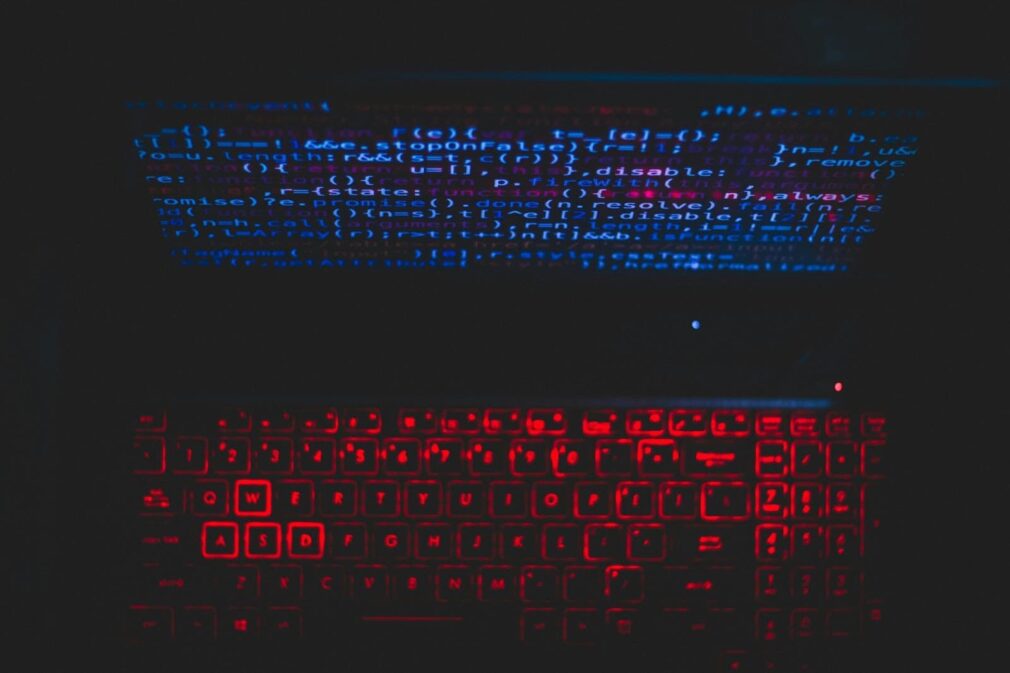Artificial intelligence is reshaping every aspect of modern life, and warfare is no exception. The integration of AI into military operations is changing how battles are fought, strategies are formed, and decisions are made. But does this advancement make wars more predictable and efficient, or does it bring new ethical and security challenges? From autonomous drones to AI-powered surveillance, the battlefield is evolving in ways that were once considered pure science fiction. The question is no longer if AI will play a role in future conflicts but rather how much control humans will retain over the decision-making process.
AI’s Role in Modern Warfare
The introduction of AI into warfare is not just about automation but also about intelligence. Machine learning algorithms analyze data faster than any human can, allowing for quicker decision-making in high-stakes situations. AI is used in battlefield analysis, reconnaissance, cyber warfare, and even in autonomous combat systems. Key Applications of AI in War
| AI Technology | Function | Impact on Warfare |
|---|---|---|
| Autonomous Drones | Unmanned aerial and ground vehicles that can conduct surveillance or carry out attacks | Reduces human risk, increases precision |
| AI-Powered Surveillance | Advanced image recognition and tracking for identifying threats | Improves real-time situational awareness |
| Cyber Warfare AI | Defends and attacks digital infrastructure autonomously | Enhances cybersecurity and disrupts enemy networks |
| AI in Logistics | Predictive analysis for supply chain management and troop movements | Improves efficiency in military operations |
| AI-Assisted Decision Making | Analyzes vast amounts of battlefield data to suggest optimal strategies | Speeds up response time and reduces human error |
While these technologies increase efficiency, they also raise concerns about over-reliance on algorithms in life-and-death situations. AI-driven systems can process data in milliseconds, but what happens if they misinterpret a threat or malfunction at a critical moment?
Risks and Ethical Concerns of AI in Warfare
The use of AI on the battlefield is not without controversy. As machines take on more responsibility in war, new challenges arise, from ethical dilemmas to cybersecurity risks. Ethical and Practical Issues

- Loss of Human Control: The biggest fear is that AI could make life-or-death decisions without human intervention.
- Algorithmic Bias: AI systems learn from data, but if that data contains biases, it could lead to unfair or dangerous targeting decisions.
- Hacking and Cyber Threats: AI-driven warfare increases vulnerability to cyberattacks, where an enemy could manipulate AI systems to work against their original purpose.
- Legal and Accountability Issues: If an autonomous weapon kills civilians by mistake, who is held responsible—the programmer, the military, or the AI itself?
- AI Arms Race: Nations developing AI-powered weapons may enter a dangerous technological arms race, making wars faster and potentially more devastating.
While AI enhances military capabilities, it also introduces risks that require strict regulation and ethical consideration. If AI makes a mistake in a video game, it’s a minor inconvenience—but in warfare, a miscalculation can mean catastrophe.
The Future of AI in Warfare: A Double-Edged Sword
Artificial intelligence is changing the nature of warfare, bringing both unparalleled efficiency and unprecedented risks. While AI can process intelligence, conduct surveillance, and even engage in combat, the ethical concerns surrounding its use cannot be ignored. The future battlefield will likely be a blend of human expertise and machine intelligence, but the biggest challenge is ensuring that AI remains a tool for strategic advantage rather than a force beyond human control. As technology advances, the question remains: will AI make wars smarter, or will it make them even more unpredictable?
The balance between innovation and responsibility will define the role of AI in future conflicts. Governments and military leaders must establish strict regulations to prevent AI from becoming an uncontrollable force, while also leveraging its capabilities for defense and strategic advantage. International cooperation will be essential in ensuring that AI-driven warfare does not spiral into a dangerous, unchecked arms race. Ultimately, the future of AI in warfare depends not just on technological advancements, but on the ethical choices we make today.
FAQ
Can AI completely replace human soldiers on the battlefield?
While AI can assist in combat and logistics, it lacks human judgment, making it unlikely to replace soldiers entirely.
What is the biggest danger of AI in warfare?
The risk of autonomous systems making lethal decisions without human oversight is a major ethical and strategic concern.
How can AI be used to prevent wars instead of escalating them?
AI can analyze geopolitical tensions and predict conflicts before they escalate, allowing for diplomatic solutions instead of military action.
